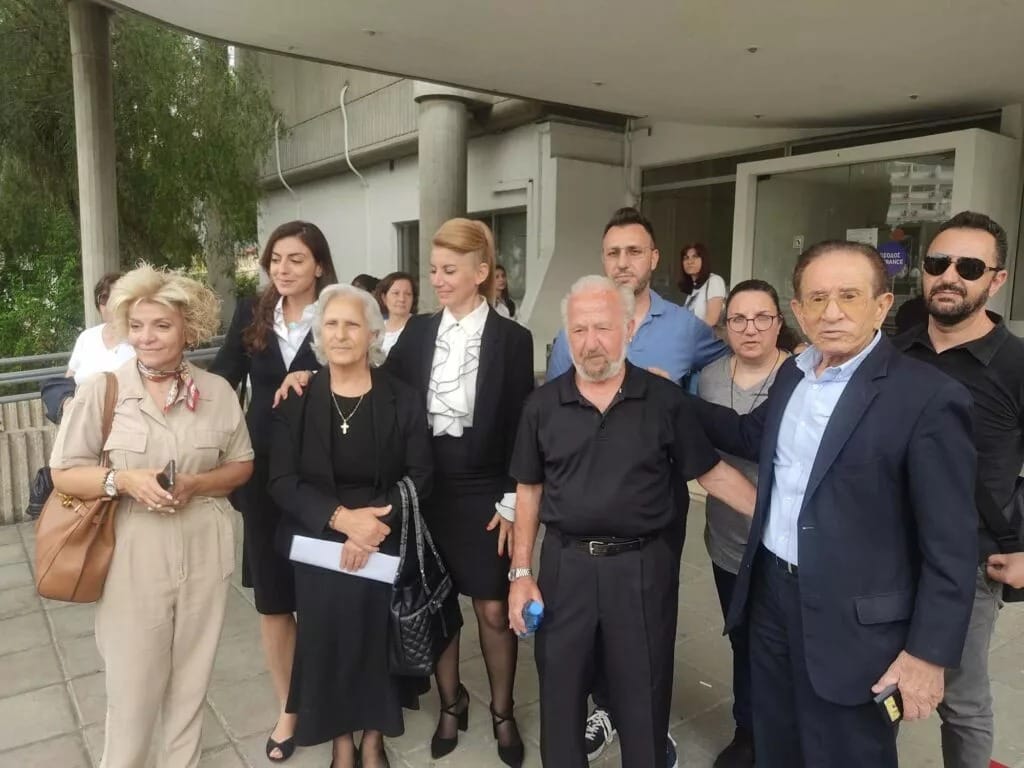Landmark Ruling in Thanasis Nicolaou Case
In a turn of events that has captivated the nation, Judge Doria Varoshiotou of the Limassol District Court has delivered a landmark ruling in the case of national guardsman Thanasis Nicolaou, challenging the long-held assertion that his death was a suicide. Judge Doria Varoshiotou ruled that Thanasis Nicolaou’s death was a result of criminal strangulation, setting aside previous conclusions and bringing relief to Nicolaou’s family after nearly two decades of uncertainty and grief.
The case took a dramatic twist when, following the exhumation of Nicolaou’s remains in 2020, new autopsies revealed evidence of beating and strangulation, contradicting initial reports that his body, found under a bridge in Alassa in 2005, was there due to suicide. This decision marks a significant victory for Nicolaou’s family, especially for his mother Andriana Nicolaou, who has been at the forefront of seeking truth and justice for her son.
The implications of this ruling are profound, as it not only questions the conclusions drawn by the army and police but also scrutinizes the role of the Law Office in the handling of the case. The judge’s decision has opened the door for a new chapter in the investigation, with the Attorney General’s office now tasked with deciding whether to appeal or to launch a fresh police inquiry based on the findings of the third coroner’s inquest.
Despite the potential for a new investigation, concerns about impartiality have been raised by Andriana Nicolaou, who may be hesitant to cooperate further with authorities. The
Law Office under scrutiny
Varoshiotou’s ruling was unsparing in its critique of the Law Office’s approach. She noted that even after a decision by the European Court of Human Rights (ECHR), the Law Office continued to endorse expert witness Panikos Stavrianos’s suicide theory. The judge also criticized the Law Office for its reluctance to accept the findings of private criminal investigators Matsas and Alexopoulos, which pointed to a criminal act, and for suggesting that the inquest’s findings remain inconclusive.
The judge further questioned the Law Office’s doubts about pathologist Dimitra Karagianni’s scientific competence, underscoring that Karagianni was officially assigned to the case and not handpicked by Nicolaou’s family.
Stavrianos seeks to appeal the ruling
In response to the ruling, Panikos Stavrianos is preparing to challenge the court’s decision through his lawyer Andrianna Klaedes, aiming to take the matter to the Supreme Court.
Strangulation evidenced by neck bruises
Concluding her verdict, Judge Varoshiotou endorsed the scientific validity of the pathologists’ findings. She concurred with Karagianni that injuries such as the missing left horn of the hyoid bone and bruises on Nicolaou’s neck were indicative of strangulation. These findings are critical in establishing strangulation as the cause of death and lay a foundation for further investigation into this criminal act.






